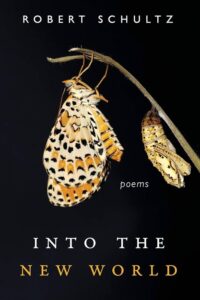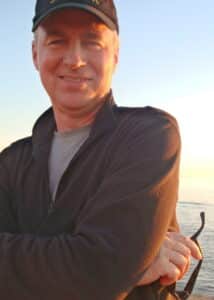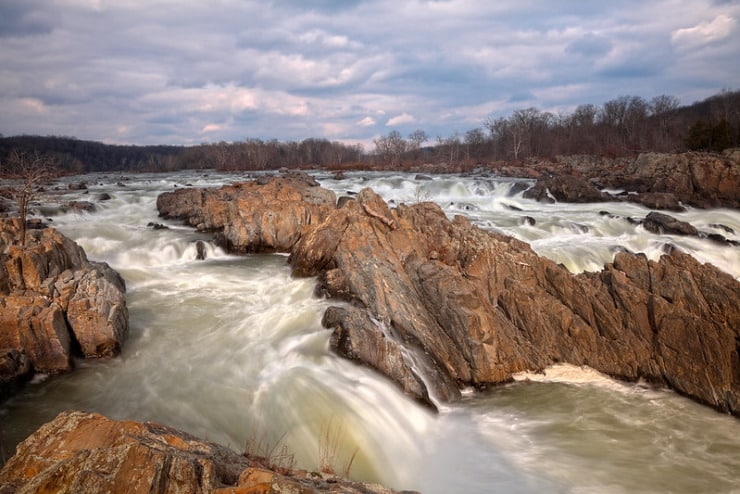Robert Schultz writes unforgettable poems about violence and war. And art. And Whitman.
I’m not sure how to describe Robert Schultz. Poet? Novelist? Photographer? Artist? All of the above.
He’s written one novel, The Madhouse Nudes, the story of an artist who, in painting women, is trying to see them truly. He’s co-authored an art book, War Memoranda: Photography, Walt Whitman, and Memorials, which also became an exhibition, and We Were Pirates: a Torpedoman’s Pacific War with James Shell. He’s written four poetry collections. His most recent work is Specimens of the Plague Year: notes and art, the “plague year” being 2020, the year of COVID. He has also helped to translate Wonderland: New & Selected Poems by Sarwat Zahra.
I first turned to one of his poetry collections, Into the New World (2020). In a word, it’s stunning. And that’s stunning as in knocking you flat. The title poem is about walking around the site of the Twin Towers after 9/11. The collection includes poems about art, the news, violence, war, and nature. The subjects vary, but each poem’s ability to rivet your attention is consistent throughout. Reading these poems is like walking into photography exhibitions, one for each poem.
That’s a clue. What they have in common is that each poem is written with a photographer’s eye. Over and over again, Schultz almost forces you to look, and look deeply. And the more you look, the more you discover. This is the poem that left me feeling almost shaken.
Khmer Rouge

Showed signs of learning foreign habits—
You were impure. They said of thousands,
“Spare them, no profit; remove them, no loss.”
Show signs of learning or foreign habits
And they sent you out to dig canals.
“Spare them, no profit; remove them, no loss” —
The motto emptied cities. In “year zero”
They sent thousands out to dig canals,
Directing floods for the great harvest.
In year zero a motto emptied cities,
Filled Tuol Sleng and the killing fields.
They diverted floods in a great harvest;
They said to thousands, “You are impure.”
You were sent to prison or the killing fields
If you wore glasses, if you drank milk.
Between 1975 and 1979, it’s estimated that the Marxist Khmer Rouge government in Cambodia killed between 1.5 and 2 million people; the professional and technical classes were almost entirely eliminated. Schultz includes a series of poems about what happened, how one man’s job was to photograph each person before they were killed, the killing fields themselves, and the flowers that grew there.

Robert Schultz
I should add that these poems on the Khmer Rouge are not political poems. Like photographs, the poems invite you to see what’s there. What’s there is horror — horror tempered by flowers. The flowers, in fact, accentuate the horror.
Schultz attended Luther College in Iowa and received his MFA and PhD degrees from Cornell University. He taught at Luther for 19 years. He has also taught at Cornell, the University of Virginia, and Roanoke College in Virginia. Currently, he’s a full-time writer and artist. His chlorophyll prints are held by the Library of Congress, in university museums, and in private collections. His work has been exhibited in numerous shows, and he’s won awards for his photography, poetry, and fiction.
Into the New World is a poetry collection that leaves permanent etchings in your mind. Schultz uses words like chisels and poems like photographs. You do not emerge unchanged after reading. You’ve walked through the battlefield and the killing field. It’s a new world, indeed.
Photo by Bold Frontiers, Creative Commons, via Flickr. Post by Glynn Young.
How to Read a Poem uses images like the mouse, the hive, the switch (from the Billy Collins poem)—to guide readers into new ways of understanding poems. Anthology included.
“I require all our incoming poetry students—in the MFA I direct—to buy and read this book.”
—Jeanetta Calhoun Mish
- Poets and Poems: Beth Copeland and “I Ask the Mountain to Heal My Heart” - July 10, 2025
- A.E. Stallings: the Parthenon Marbles, Poets, and Artists - July 8, 2025
- Poets and Fables: Steven Flint and “The Sun and the Boy” - July 3, 2025


Leave a Reply